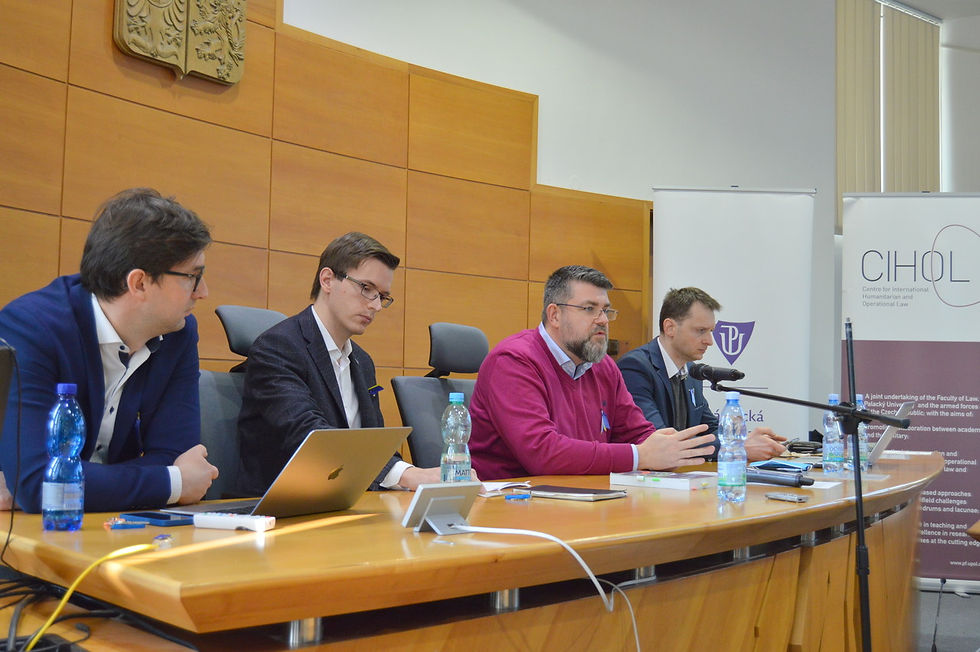28th February 2022
CIHOL members examine the conflict in Ukraine from the perspective of international law
The Centre for International Humanitarian and Operational Law (CIHOL) is committed to providing expertise not only to students and researchers but also to society at large. Recent events have shown a strong interest in international law aspects of current events unfolding in Ukraine. CIHOL members Pavel Bureš, Martin Faix, Ondřej Svaček and Petr Stejskal recently organised a roundtable discussion, the goal of which was to address the main aspects of the armed conflict in Ukraine in a complex yet understandable way. The audience consisted of some 600 online viewers during the roundtable discussion, which was streamed online. A further 6000 views were recorded within the first 24 hours after the roundtable discussion took place, confirming the high demand for reliable, complex and understandable sources of expertise on international law aspects of the conflict.
The event was divided into four short contributions each of which was followed by discussion with audience members. In his introductory remarks, CIHOL head Martin Faix highlighted the paramount importance of the prohibition of the use of force in international relations and in international law. He also briefly explained how this principle changed and shaped the landscape of international law in the aftermath of World War II. Pavel Bureš then spoke about the recognition of Donetsk and Luhansk People Republics by the Russian Federation and the legality of this step under international law. The contribution thereafter was delivered by Dr Faix who spoke about the legality of the use of force in international law. Among other things, Dr Faix explained why the exception of self-defence is not applicable in the case of Russian aggression. Ondřej Svaček then focused on aspects connected to international criminal law. He answered four basic questions related to the conflict: Where crimes committed in Ukraine can be prosecuted? Which acts can be prosecuted? Who can be prosecuted? And who can prosecute these crimes? Finally, as. prof. Svaček stressed that even the Czech Republic itself is capable of prosecuting crimes committed in Ukraine under its national laws. In the last contribution, Petr Stejskal examined sanctions against the Russian Federation, including “smart sanctions” focused on individuals. Dr Stejskal concluded that sanctions recently imposed on the Russian Federation are legal in this situation.
In the following discussion, a number of related topics were opened such as protection of civilian populations during the conflict, protection of prisoners of war, the use of nuclear weapons and the possible expulsion of the Russian Federation from the United Nations.
The record of the event is available HERE (in Czech).


